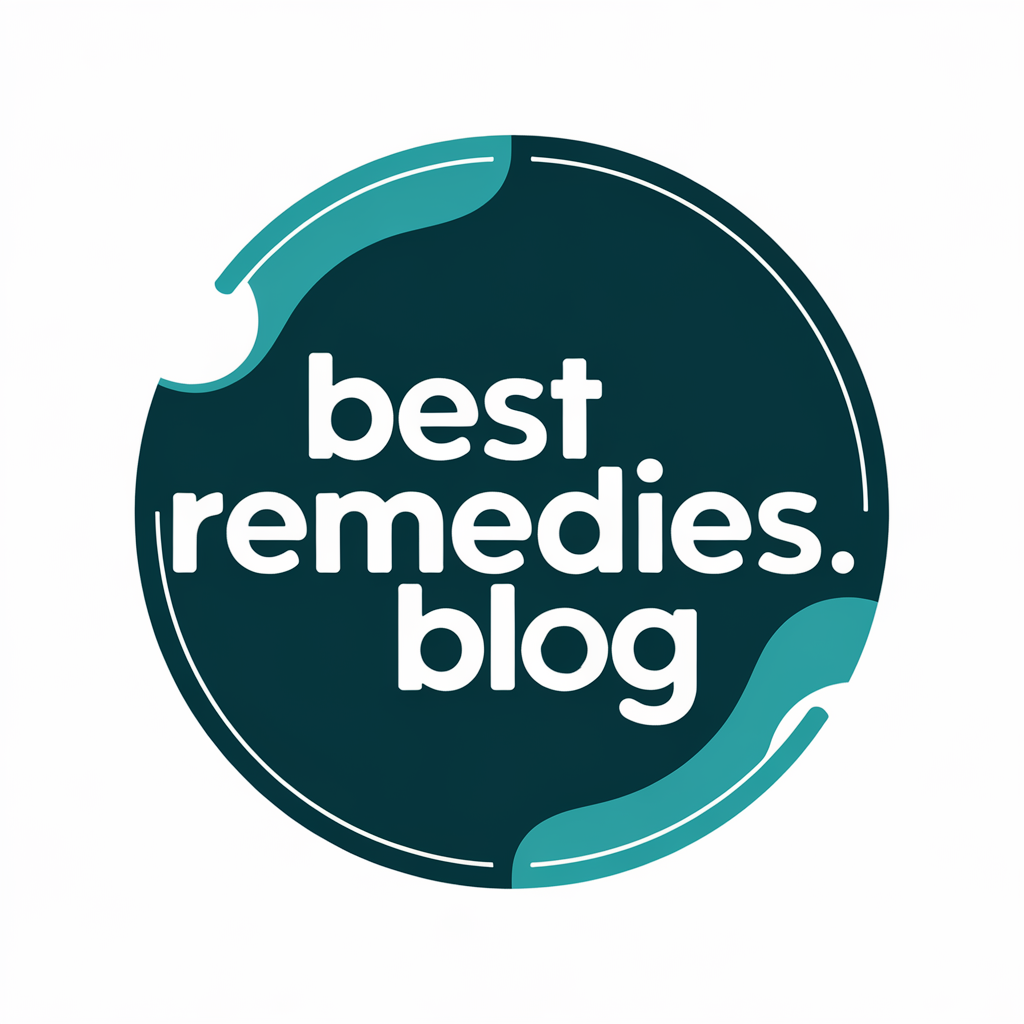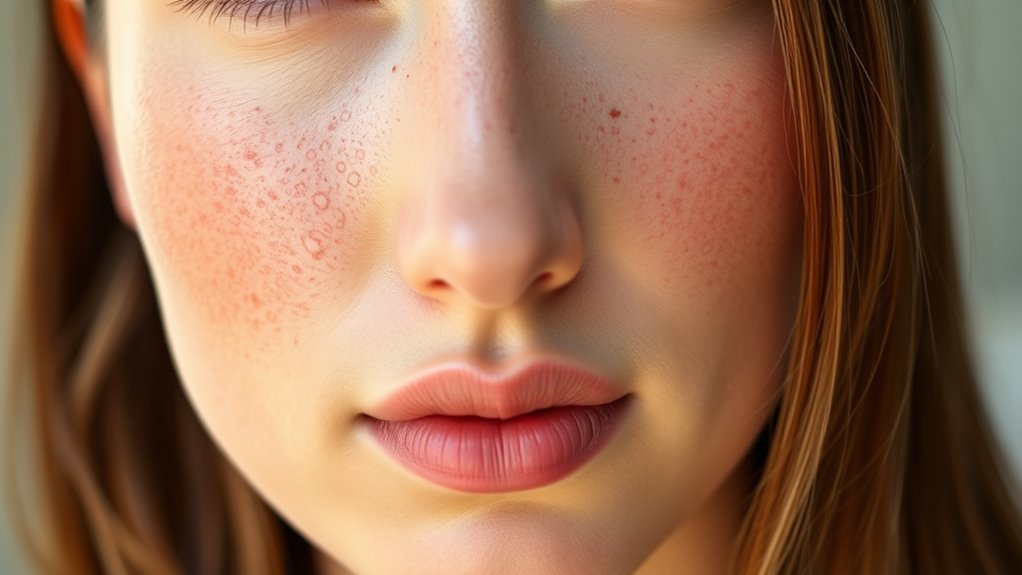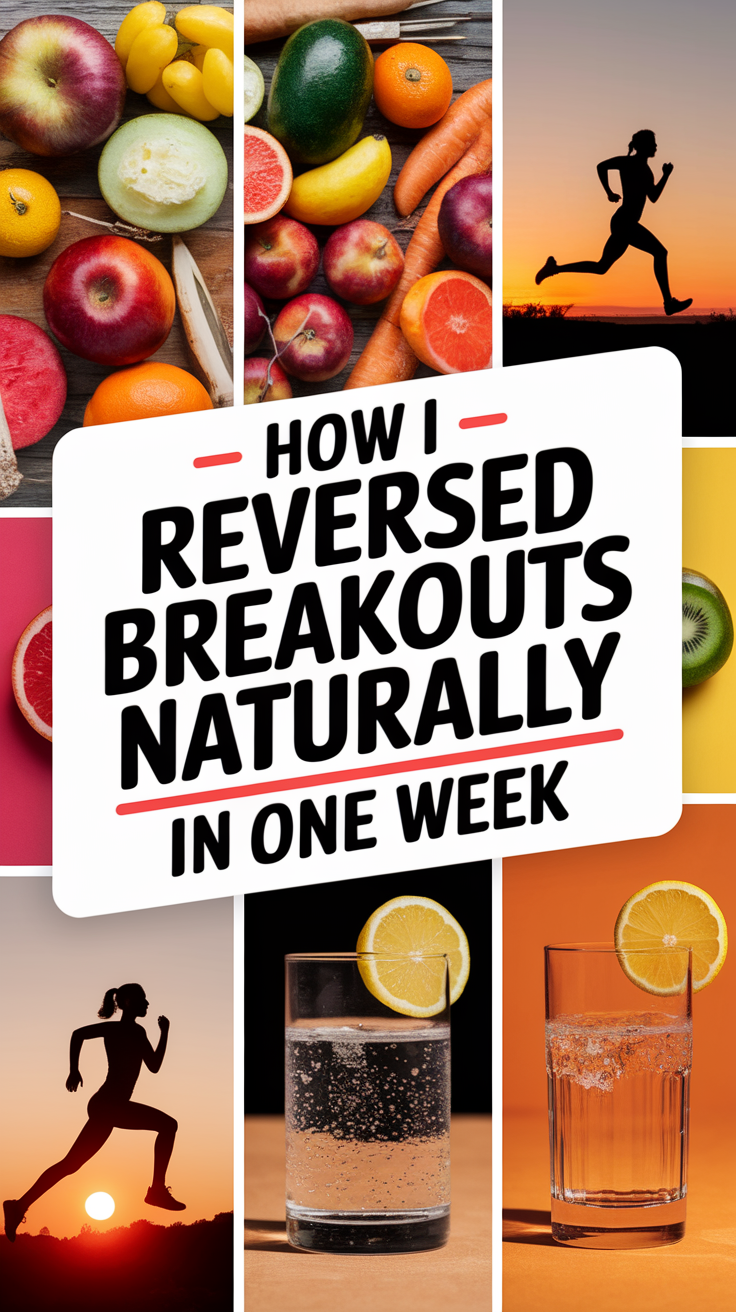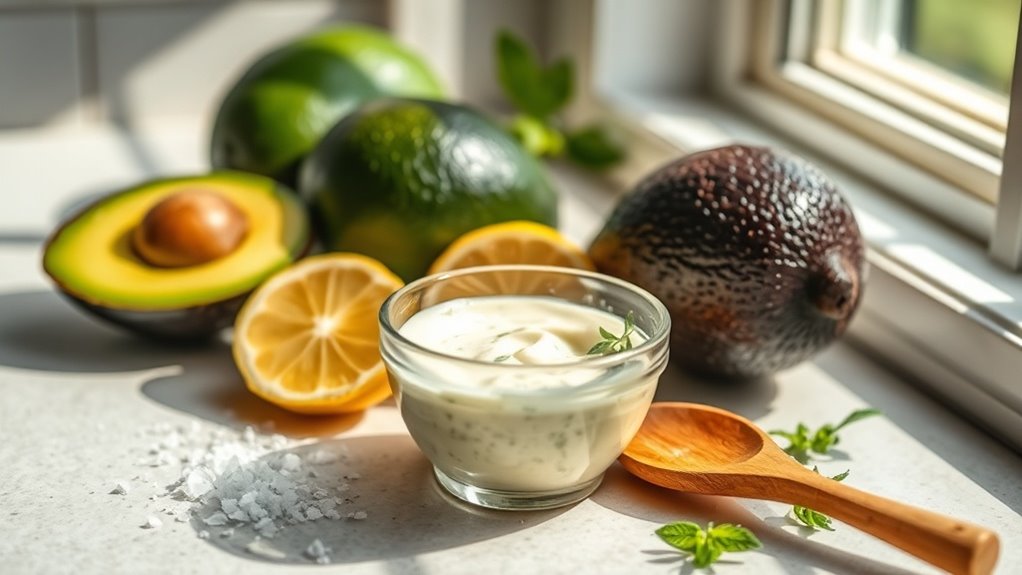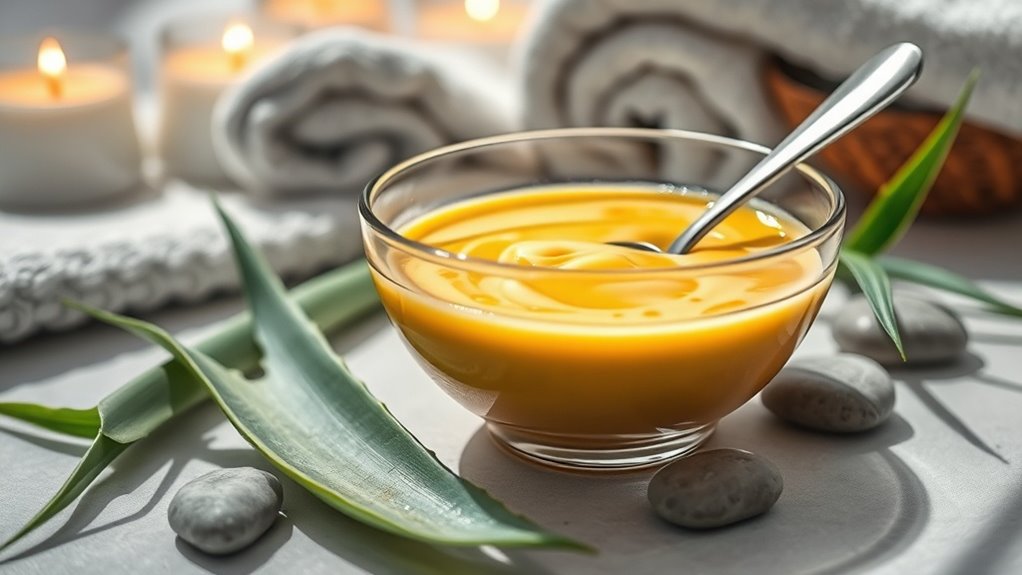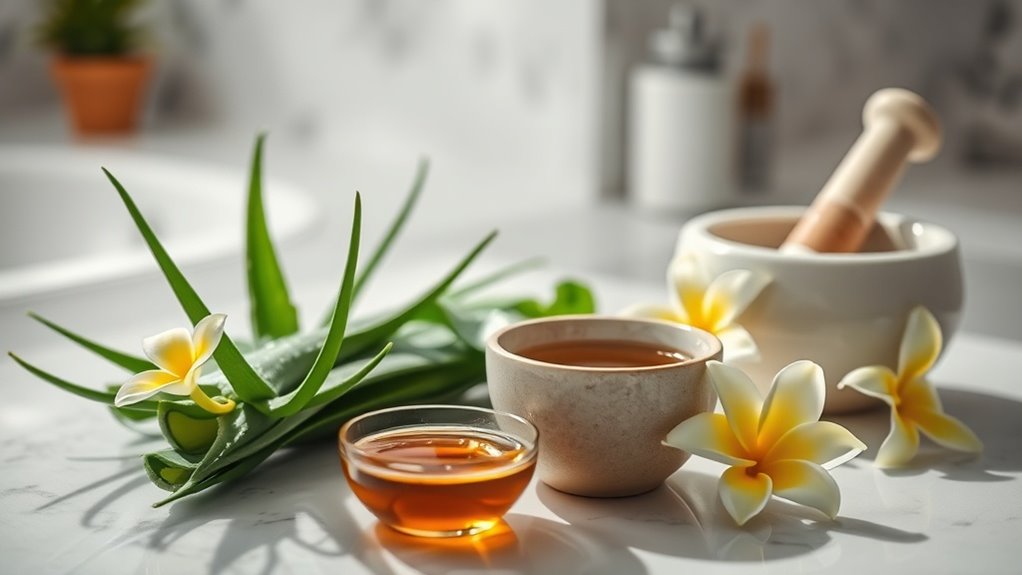It boosts blood circulation, delivering oxygen and nutrients to your skin while reducing inflammation, as supported by dermatological studies.
Exercise also lowers stress hormones like cortisol, which exacerbate acne, and promotes toxin expulsion through sweat.
- Enhance circulation: Start with 30 minutes of cardio daily to flush toxins and nourish skin cells, backed by vascular health research.
- Reduce stress: Try yoga or HIIT to lower cortisol levels, preventing hormonal imbalances that fuel breakouts.
- Promote detoxification: Sweat during workouts to clear pores, as evidenced by studies on exercise-induced perspiration.
- Balance hormones: Incorporate resistance training to regulate insulin sensitivity, aiding acne control per endocrine findings.
Additionally, regular exercise can improve sleep quality, which is crucial for skin’s natural healing.
Improving Sleep for Skin Health
Quality sleep supports your skin’s health by reducing inflammation and promoting repair processes, as research indicates that insufficient rest elevates cortisol levels and disrupts cellular regeneration.
To enhance your sleep, aim for 7-9 hours nightly, as studies show this optimizes skin barrier function and reduces acne lesions.
Create a dark, cool bedroom environment, and establish a consistent bedtime routine, like dimming lights an hour before sleep.
Avoid screens and caffeine late in the day, per evidence from sleep science, to boost cellular repair and minimize breakouts effectively.
Track your progress daily for visible results.
Additionally, incorporating rest and recovery techniques, similar to those used for alleviating cold symptoms, can further support your skin’s healing and overall well-being.
Managing Stress Naturally
Managing stress naturally plays a key role in reducing breakouts, as research shows that chronic stress spikes cortisol levels, leading to inflammation and impaired skin barrier function.
You can adopt evidence-based strategies to lower cortisol and support your skin’s recovery.
- Practice mindfulness meditation: Studies indicate it reduces cortisol by 10-20%, helping you calm your mind and minimize breakouts.
- Engage in aerobic exercise: Research confirms 30 minutes daily lowers stress hormones, enhancing your skin’s barrier function.
- Use deep breathing techniques: Clinical trials show these quickly decrease cortisol, allowing you to regain control over stress responses.
- Incorporate yoga routines: Evidence from multiple studies links yoga to reduced inflammation, keeping your skin healthier naturally.
Furthermore, just as relaxation techniques are beneficial for managing stress-related conditions, they can also enhance your overall strategy for clearer skin.
Tracking Daily Progress and Changes
As you implement stress management techniques, tracking your daily progress helps you monitor skin changes and optimize your breakout reversal strategy.
Maintain a simple journal to record stress levels, breakout severity, and skin texture daily, using a scale for objectivity.
Studies, such as those in the Journal of Dermatological Science, indicate that self-monitoring boosts adherence and outcomes by revealing patterns, like stress spikes correlating with inflammation.
Analyze your data weekly to tweak techniques; for instance, if journaling shows reduced anxiety leads to clearer skin, amplify those methods.
This precise approach ensures evidence-driven adjustments for faster results.
To further support your natural breakout reversal, consider adding tea tree oil as a complementary remedy for its antimicrobial benefits.
Building Long-Term Skincare Habits
How can you sustain clear skin beyond the initial week by developing enduring skincare habits?
By adopting evidence-based routines, you’ll prevent future breakouts through consistent practices backed by dermatological research.
- Cleansing routine: Gently wash twice daily with pH-balanced products to remove impurities, reducing bacterial buildup as per clinical studies.
- Moisturization strategy: Apply non-comedogenic formulas to maintain the skin barrier, minimizing inflammation based on barrier function research.
- Sun protection protocol: Use broad-spectrum SPF 30+ daily to shield against UV-induced damage, linked to acne exacerbation in scientific literature.
- Monitoring approach: Regularly journal skin changes and consult professionals, ensuring adaptive habits per personalized efficacy data.
To further enhance your routine, consider incorporating DIY ingredients like baking soda and honey for additional exfoliation and nourishment.
